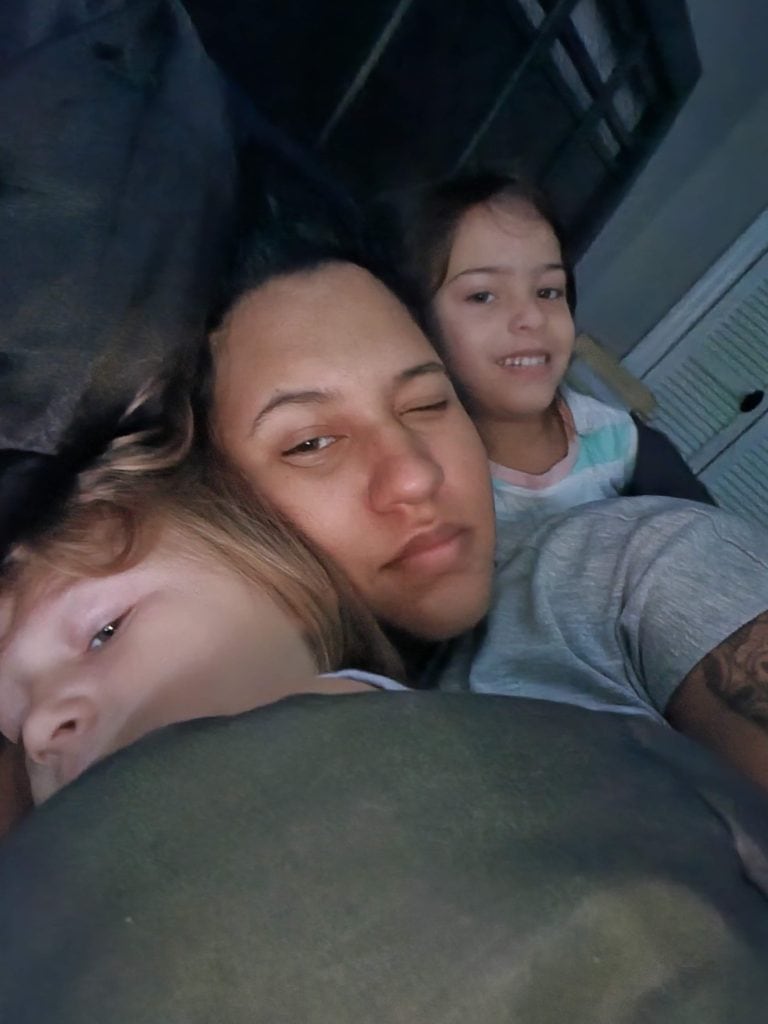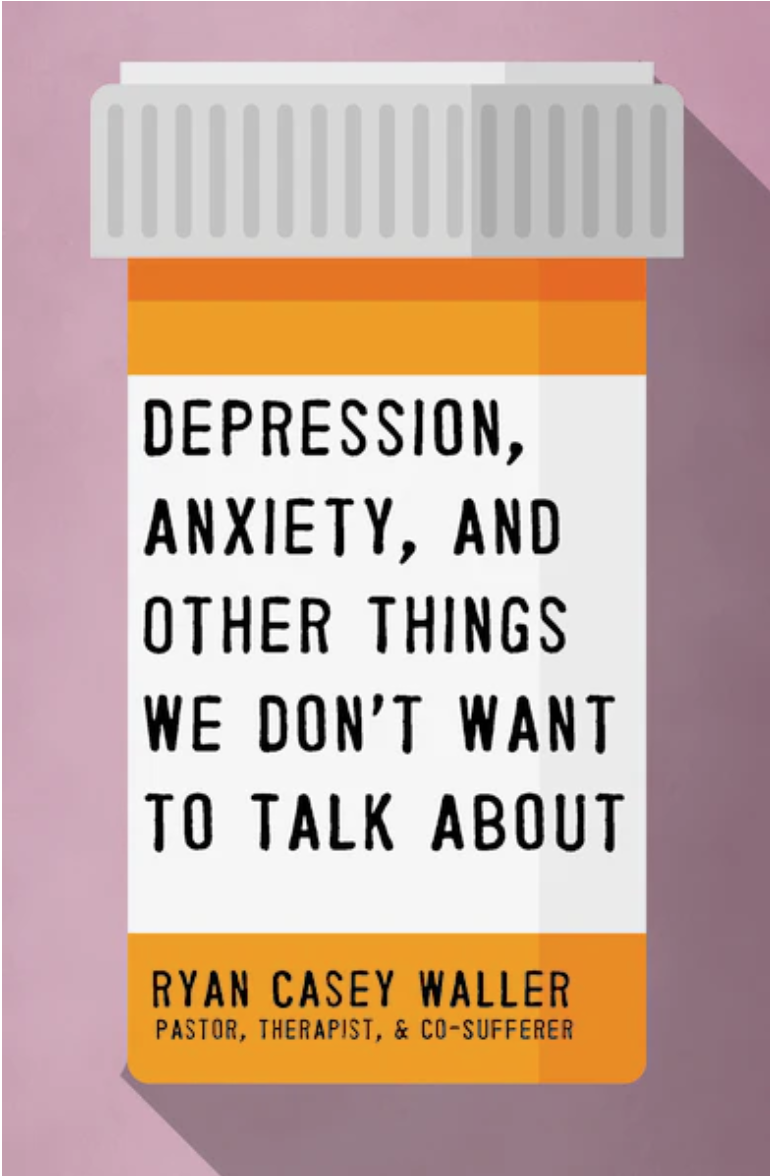Depression isn't new for moms, or women in general. However, we as humans still have a hard time recognizing it when it doesn't look like how our favorite TV character performs it. In movies, depression is as simple as laying in bed all day crying, and thinking about hurting yourself. Those of us who go through it in real life know differently. It is not so simple and being depressed isn't even the same for each person.
I have dealt with depression for a while now and yet each time I get hit with another wave, it surprises me. “Where did this come from? Life seems to be going so well! I thought I was happy and fulfilled. Why am I like this? Why now?” Sometimes it'll take me months to realize that the past few months were a blurred stupor of depression. Sometimes I will notice it right away.
Mental health issues aren't a symptom of a spiritual failing or insufficient faith. In fact, suffering is the very thing our Savior seeks to heal as he leads us toward restoration. And yet, as Waller has experienced firsthand, the battle can be lonely and discouraging--but it doesn't have to be.
So What is Depression?
Depression is a medical condition that affects both males and females. There are more cases of women being depressed than men. Depression treatment is used in a majority of cases. Depression affects not just your mental health, but your physical and emotional health as well. Some symptoms of depression according to the National Institute of Mental Health include:
- Persistent sad, anxious, or “empty” mood
- Feelings of hopelessness or pessimism
- Irritability
- Feelings of guilt, worthlessness, or helplessness
- Decreased energy or fatigue
- Difficulty sleeping, early morning awakening, or oversleeping
- Loss of interest or pleasure in hobbies and activities
- Moving or talking more slowly
- Feeling restless or having trouble sitting still
- Difficulty concentrating, remembering, or making decisions
- Changes in appetite or weight
- Thoughts of death or suicide, or suicide attempts
- Aches or pains, headaches, cramps, or digestive problems without a clear physical cause that do not ease even with treatment
https://www.nimh.nih.gov/health/publications/depression-in-women
If you have been experiencing these symptoms for 2 weeks or more, you might be experiencing depression.
Fear Gone Wild is her intimate account of all that led to that tragic day, including her husband's panic attacks and debilitating bouts of anxiety and depression. Despite their deep faith in God and the countless prayers of many believers, Andrew was never healed of his illness. Turning to Scripture for answers, she discovered that God uses wilderness experiences to prepare His children--including Jesus--for his greater purpose and to work miracles inside our souls.
My Personal Experience
I won't go into every instance of depression with me. However, I would like to point out how unnoticeable it can be to others around us. My most common symptoms of depression for me are;
- Difficulty sleeping, staying asleep, and waking early
- Feelings of pessimism
- Not taking care of myself
- Persistent anxiousness and sadness
- Binge shopping or eating or TV
- Feeling drained constantly
Most of these symptoms would go unnoticed by my husband who has probably seen me more often depressed than not.
I have learned some ways to help and I share how I balance life in my other article.
I've tried medications before but I haven't found one yet that works well for me. Having a medication fail really sets me back emotionally so I haven't tried another one recently.

What should you do?
Pray and then tell someone. Tell your spouse, your parents, your friend, your doctor. Find some help. Many forms of depression can be treated. The stigma of depression has decreased significantly in the past decade. Mental Health is a major concern right now and for good reason. Don't be afraid to speak up about being depressed and be honest with yourself. Depression doesn't usually just go away. You can't just wait it out. It is time to stop putting ourselves through the unnecessary pains of depression and get help. Treatment might take A LOT of trial and error and it might be scary trying a medication. Having someone there to support you through it all will make this easier. Talking to a therapist may be an easier treatment for you!
Make sure you also talk with your kids about managing their emotions. This is something I wasn't taught well as a kid and I hope to instill good emotional intelligence in my children. What To Do When Our Kids Get Emotional
If you are in immediate distress or are thinking about hurting yourself, call the National Suicide Prevention Lifeline toll-free at 1-800-273-TALK (8255). You also can text the Crisis Text Line (HELLO to 741741) or use the Lifeline Chat on the National Suicide Prevention Lifeline website.
I would love to include you in my prayers as we both pray over our lives and children. Feel free to email me and let me know how your journey is going.






